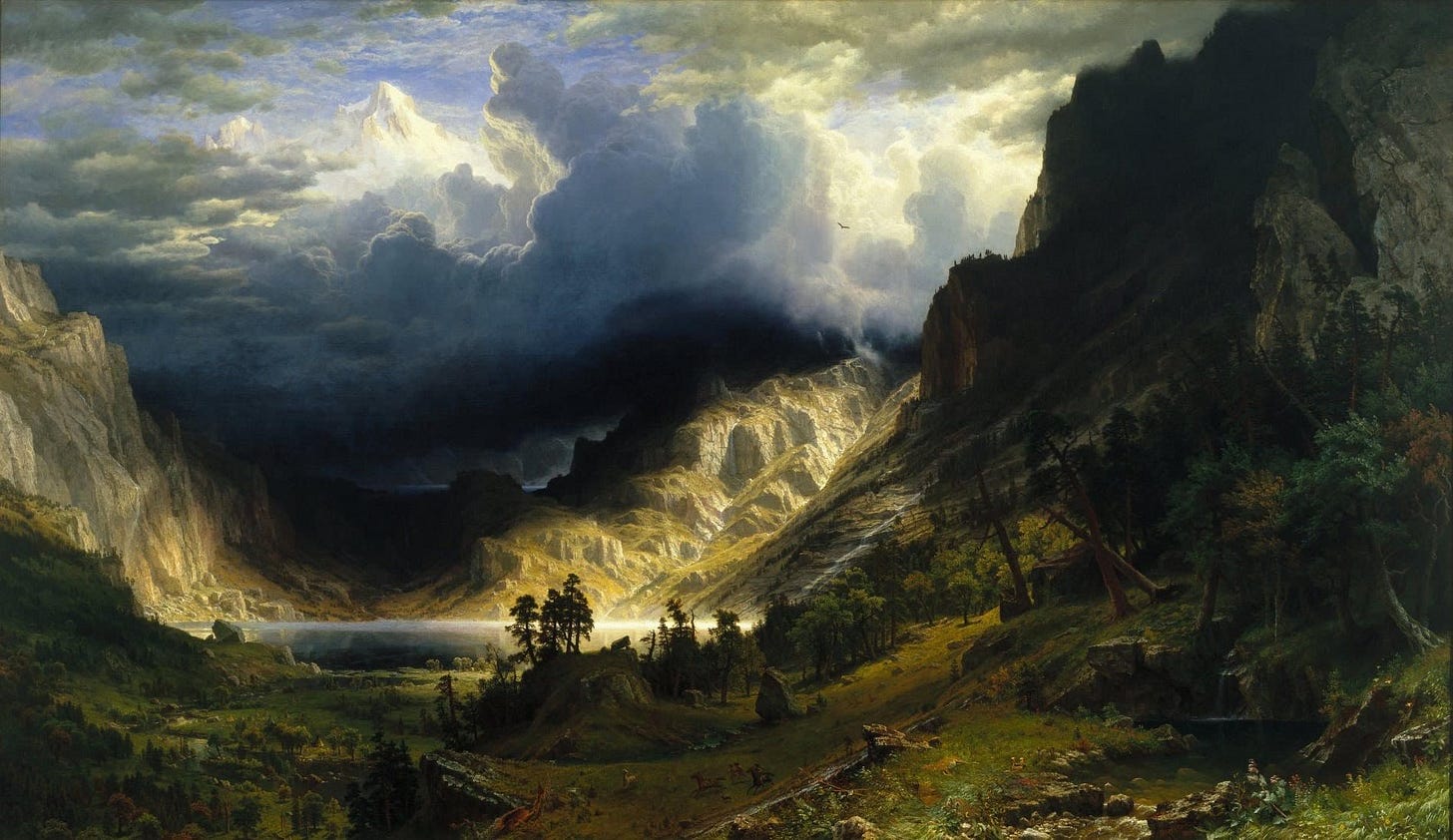I have spent the last two weeks in the Western Balkans, and have, from my perch here, had a front row seat to developments that, taken all together, feel very ominous. It’s not just that this region is in a lot of trouble these days—bad things are happening in Bosnia, in North Macedonia, in Kosovo and Serbia, and in Montenegro. It’s that its troubles are mirrors of the kinds of deteriorations occurring elsewhere on Europe’s periphery—in Belarus and in Ukraine, most recently. The whole edifice feels rickety.
It feels like the order we have all taken for granted since the end of the Cold War is badly decaying, and has gotten so fragile that it might well shatter soon. Worse than the decay itself, however, is what feels like our inability to perceive just how advanced it is. We notice individual problems, but we don’t see how it adds up, nor how we got here. While many have noted the various setbacks and challenges the West has faced in the last two decades, few seem to have properly internalized how damaging those have been. We are still, in some strange way, operating as if things are more or less fine—yes, adjustments must be made, but our world is durable and sound.
The damage started a decade after the Cold War ended. 9/11 and America’s subsequent military debacles in the Middle East and Afghanistan provided a vivid demonstration of the hard limits of its overwhelming might. Both Iraq and Afghanistan were disappointments to those who felt that world history had a broadly emancipatory trajectory, and that American power could be used to nudge things in the right direction. Taken as a whole, the 2000s were a blow not just to American prestige, but also to an idea of how the world was supposed to work. Some Europeans might have been glad to see the brash American cowboys get their comeuppance in Iraq. But as the final collapse of the Afghanistan project earlier this year underlined, the whole optimistic premise of nation- and order-building (upon which the EU project is ultimately premised) was also damaged by America’s failures in the early 2000s.
Next came the 2008 financial crisis, with economic devastation in tow. America recovered reasonably quickly, as did Europe (with some lag), but the Great Recession left deep scars and resentments in place. Without gratuitously oversimplifying, I think it’s fair to say that the populist uprisings that have since shaken the West owe a lot to the shocks of the financial crisis and its aftermath. Beyond making many people poorer, the crisis struck a blow against the very notion of elite competence and worthiness. And ditto abroad. Though the world economy recovered, China rebounded a lot faster than America, and emerged relatively stronger on the other side of the crisis. Like the global-minded political elites that had blithely steered it to catastrophe, America itself was cut down to size in the eyes of the world.




